In that context, the Vietnam Volleyball Federation has taken an important step forward, strongly enhancing the technology and data analysis elements in training for the national men's and women's teams ahead of the 33rd SEA Games taking place in Thailand this December.
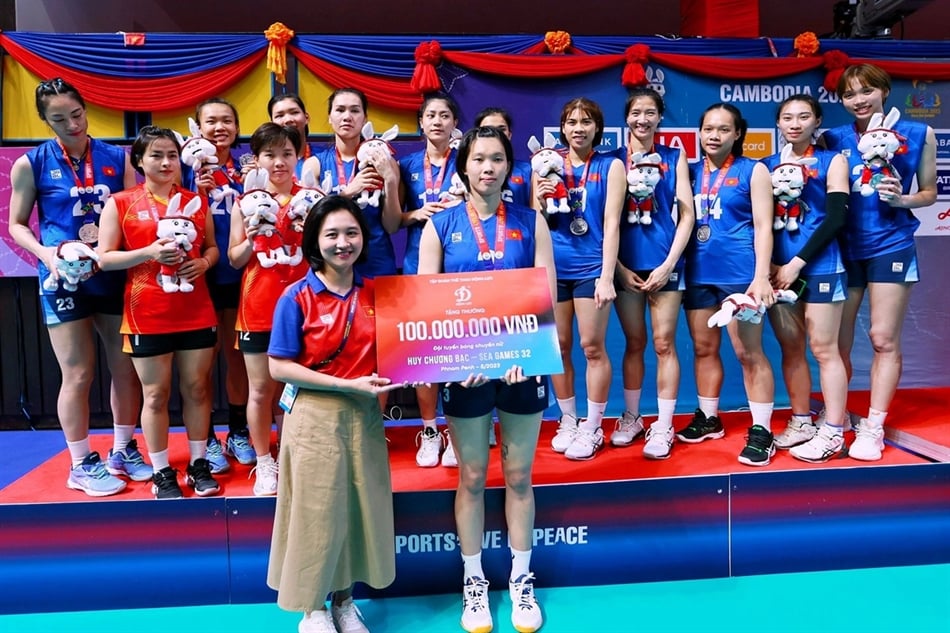
In-depth data analysis has yielded positive results, contributing to the women's team winning silver medal at SEA Games 32 (2023)
This is a clear recognition of the indispensable role of data science in modern sports, especially when the Vietnam Sports Administration is also applying artificial intelligence (AI) to training for a number of highly technical sports.
Objective needs from the actual situation
During the training period and participation in international tournaments in early 2025, the lack of specialized human resources in charge of data analysis using specialized software has caused many difficulties for the coaching staff. Coaches are forced to rely on direct observation, which can be limited by perspective or emotion, instead of objective statistics. Head coach of the women's team Nguyen Tuan Kiet once emphasized that detailed data on each ball phase and each situation is the core factor that helps the coaching staff evaluate the actual ability of the players and the effectiveness of tactics in a more scientific and accurate way. This view was agreed by the coach of the men's team Tran Dinh Tien, when he said that volleyball today is a combination of physical strength, tactics and technology. Having a specialized department in charge of data analysis will help the team get closer to professional training standards in the region, especially when strong opponents such as Thailand, Indonesia or the Philippines have all applied this model for many years.
Specialization strategy and data vision
Realizing the importance of this issue, the Vietnam Volleyball Federation has decided to strengthen and arrange a dedicated member to be responsible for collecting and analyzing professional data for each men's and women's team during the competition at the 33rd SEA Games. This is considered a professional step, following the success of the experience at the 32nd SEA Games (2023), where the pilot assignment of analysts brought positive results, contributing to the women's team winning the silver medal and the men's team winning the bronze medal. The official deployment of dedicated personnel at this year's Games is expected to help Vietnamese volleyball raise its professionalism, optimize performance and aim for higher goals.
On a broader scale, this transformation is also in line with the digital transformation roadmap of the sports industry. The Vietnam Sports Administration has outlined a roadmap for building athlete profiles right from the selection stage in 2026. By connecting data between localities and national teams, a huge, comprehensive data system will be created, serving the management, training and development of future talents. This shows that data-based thinking is gradually becoming the guiding principle for the development of high-performance sports in Vietnam.
Infrastructure and resource challenges
Despite the huge potential for technology applications, there are still certain barriers to this path. One of the biggest challenges is infrastructure. Currently, major training centers across the country are not fully equipped with electronic sensors to automatically and continuously collect exercise indexes. This forces the sports industry to extract data mainly from personal electronic devices that athletes carry during training, leading to the lack of a comprehensive data ecosystem.
In addition, funding is also a key factor. Maintaining and upgrading specialized data analysis software, which is constantly updated with new features, as well as paying for professional staff, requires a large amount of resources. The Vietnam Volleyball Federation's managers clearly understand the need for investment but still have to balance resources within the allowed conditions. However, the determination to increase data analysis staff for the 33rd SEA Games shows that the highest priority of Vietnamese volleyball is to improve competition results. Experts expect this technological advancement to be an important lever, helping teams better understand the strengths and weaknesses of their opponents, thereby adjusting tactics flexibly and effectively, approaching international training standards.
Source: https://bvhttdl.gov.vn/bong-chuyen-viet-nam-mong-muon-tao-dot-pha-bang-phan-tich-du-lieu-chuyen-sau-20251110142717474.htm












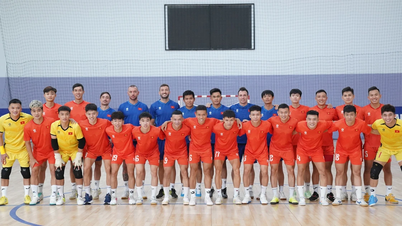





















































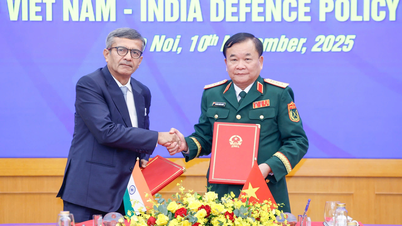







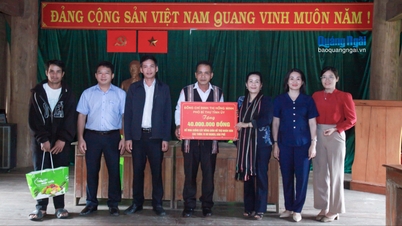




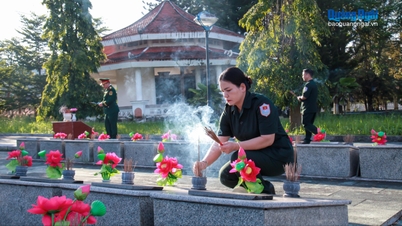




![Dong Nai OCOP transition: [Article 3] Linking tourism with OCOP product consumption](https://vphoto.vietnam.vn/thumb/402x226/vietnam/resource/IMAGE/2025/11/10/1762739199309_1324-2740-7_n-162543_981.jpeg)













Comment (0)